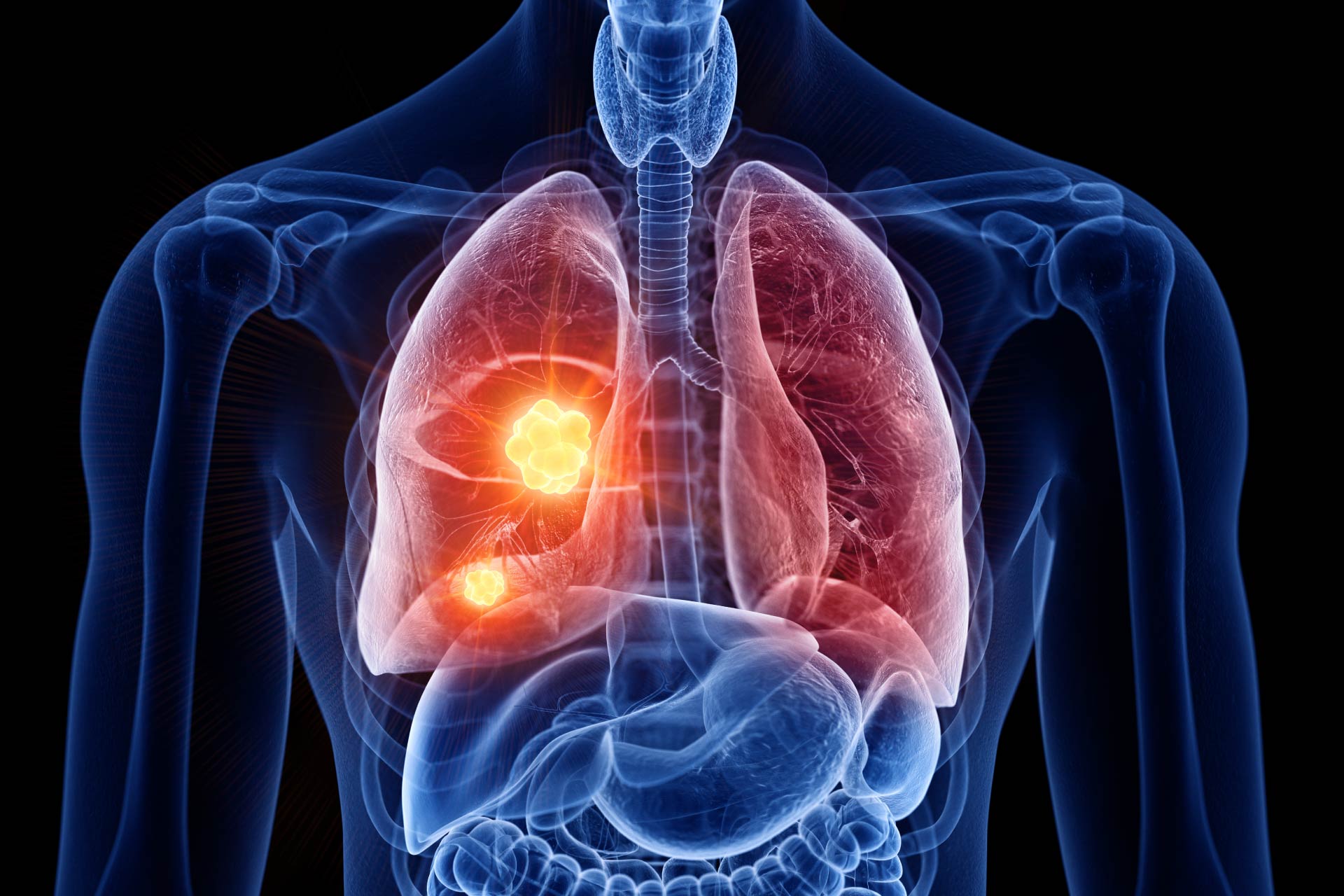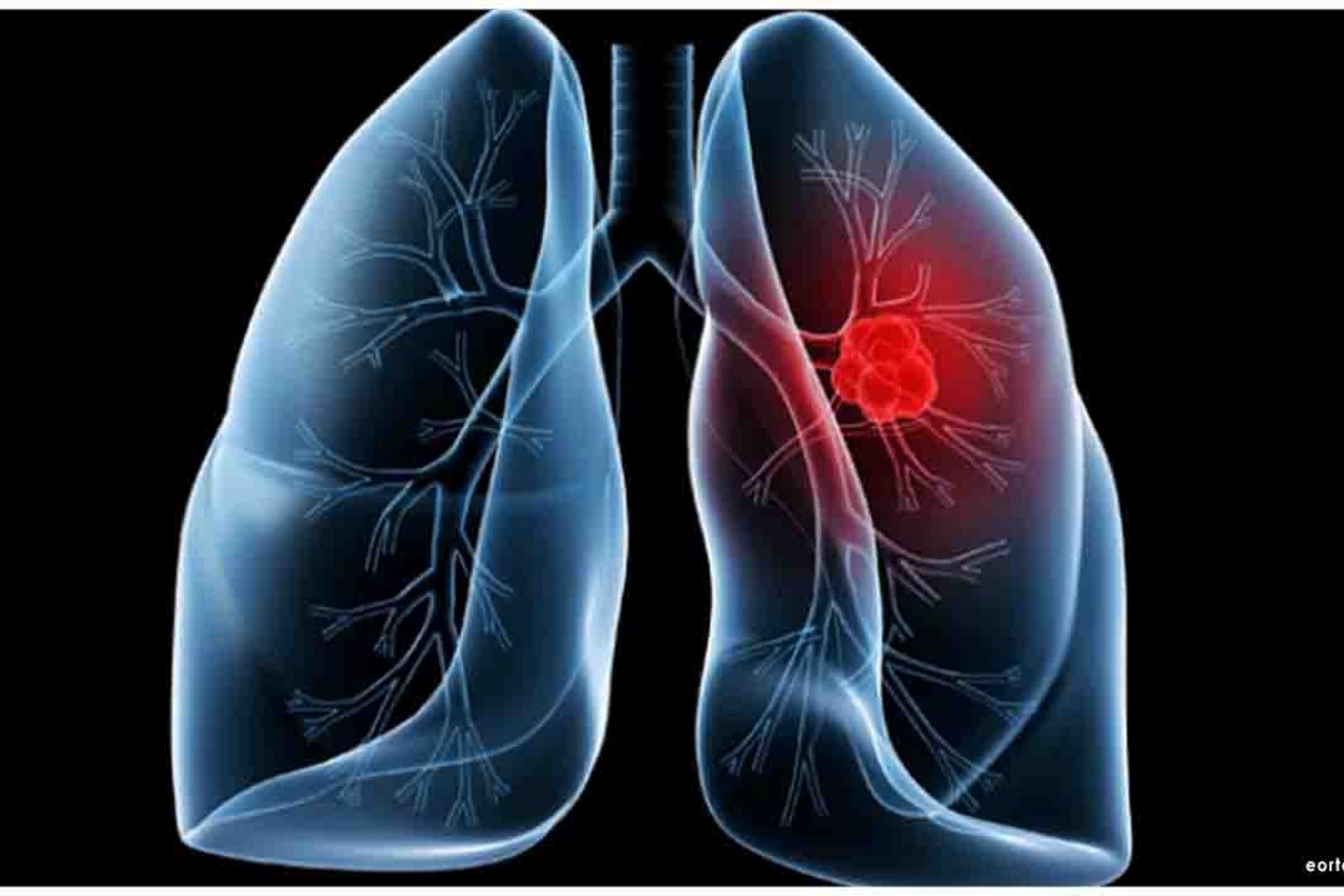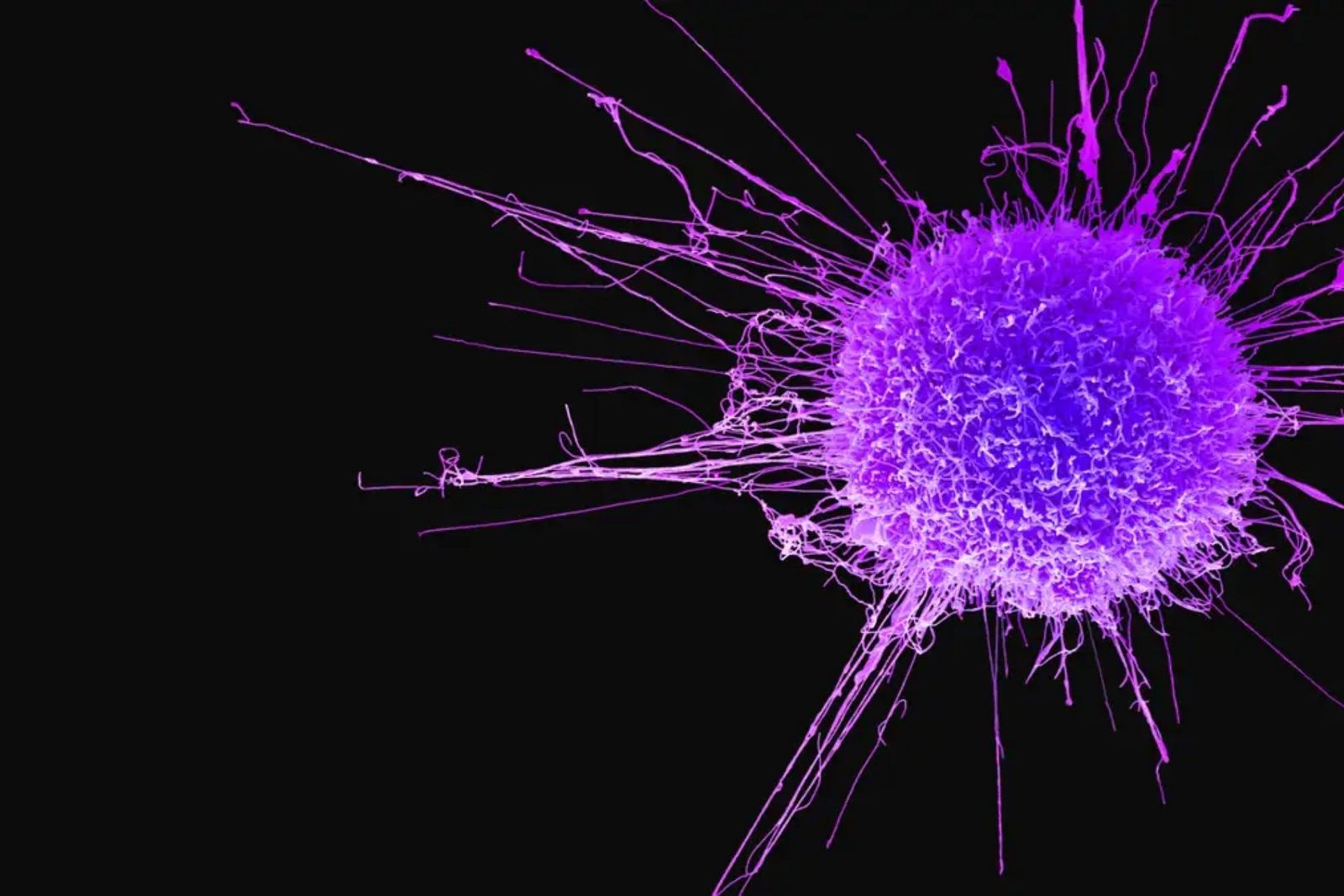Despite the well-known role of smoking in the development of lung cancer, a significant number of patients who develop lung tumours have never smoked.
While scientists are still trying to figure out what causes cancer in so-called “never-smokers,” a study led by researchers at Washington University School of Medicine in St. Louis demonstrates new treatment options for these perplexing tumours. The new study suggests that precision drugs already approved by the Food and Drug Administration to target specific mutations in a patient’s tumour can treat 78 percent to 92 percent of lung cancers in patients who have never smoked.
The researchers discovered that the majority of lung tumours in nonsmokers had so-called driver mutations, which are specific mistakes in the DNA that fuel tumour growth and can be blocked with a variety of drugs. In comparison, only about half of tumours in smokers have driver mutations.
The study was published in the Journal of Clinical Oncology on September 30.”Most genomic studies of lung cancer have focused on patients with a history of tobacco smoking,” said senior author and professor of medicine Ramaswamy Govindan. “Even studies in patients who have never smoked have not looked for specific, actionable mutations in these tumours in a systematic manner.

We discovered that the vast majority of these patients have genetic changes that doctors can treat today with drugs that are already on the market. A high-quality biopsy is required to ensure that there is enough genetic material to identify key mutations. However, testing these patients is essential.
There is a good chance that these patients will have an actionable mutation that we can target with targeted therapies.”In the United States, about 10% to 15% of lung cancers are diagnosed in people who have never smoked, and this proportion can reach 40% in some parts of Asia.The researchers looked at lung tumours from 160 people who had lung adenocarcinoma but had never smoked.
They also compared data from these patients to data from The Cancer Genome Atlas and the Clinical Proteomic Tumor Analysis Consortium, two projects led by the National Institutes of Health (NIH) to characterise various types of cancer.
The scientists confirmed the patients’ never-smoker status by comparing mutation patterns in these patients’ lung cancers to mutation patterns in patients who had smoked. Previous research led by Govindan and his colleagues discovered that smokers’ lung tumours have approximately ten times the number of mutations as never-smokers’ lung tumours. “Tobacco smoking causes characteristic changes in tumour cells, so we can look for telltale signs of smoking or signs of heavy exposure to secondhand smoke, for example,” said Govindan, who treats patients at Barnes-Jewish Hospital and Washington University School of Medicine’s Siteman Cancer Center.
“However, very few of these patients’ tumours displayed those signs, allowing us to confirm that this was a true sample of lung cancer tumours in patients who had never smoked or had significant exposure to tobacco smoke.”The researchers also discovered that only about 7% of these patients had mutations present at birth that increased the risk of cancer, either inherited or arising randomly, adding to the mystery of what causes lung cancer in nonsmokers.
“There appears to be something special about lung cancer in people who have never smoked,” Govindan explained.
“We found no evidence of inherited mutations playing a significant role, nor do we see evidence of a large number of mutations, which would suggest secondhand smoke exposure. Approximately 60% of these tumours are found in females and 40% in males. Cancer is more common in men in general, but lung cancer in nonsmokers is more common in women for unknown reasons. It’s possible that other genes are involved in this type of cancer predisposition, but we don’t know what they are yet.”The research also shed light on the immune profiles of these tumours, which may help explain why the majority of them do not respond well to a type of immunotherapy known as checkpoint inhibitors.

Unlike the lung tumours studied in smokers, very few of the never-smokers’ tumours contained immune cells or immune checkpoint molecules that these drugs activate to fight cancer.”The most important finding is that we found actionable mutations in the vast majority of these patients—between 80% and 90%,” Govindan said. “Our findings emphasise the importance of obtaining high-quality tumour biopsies for clinical genomic testing in these patients so that we can identify the best targeted therapies for their specific tumours.”
_________
Lung Cancer | Don’t forget to follow us on Twitter @njtimesofficial. To get the latest updates









